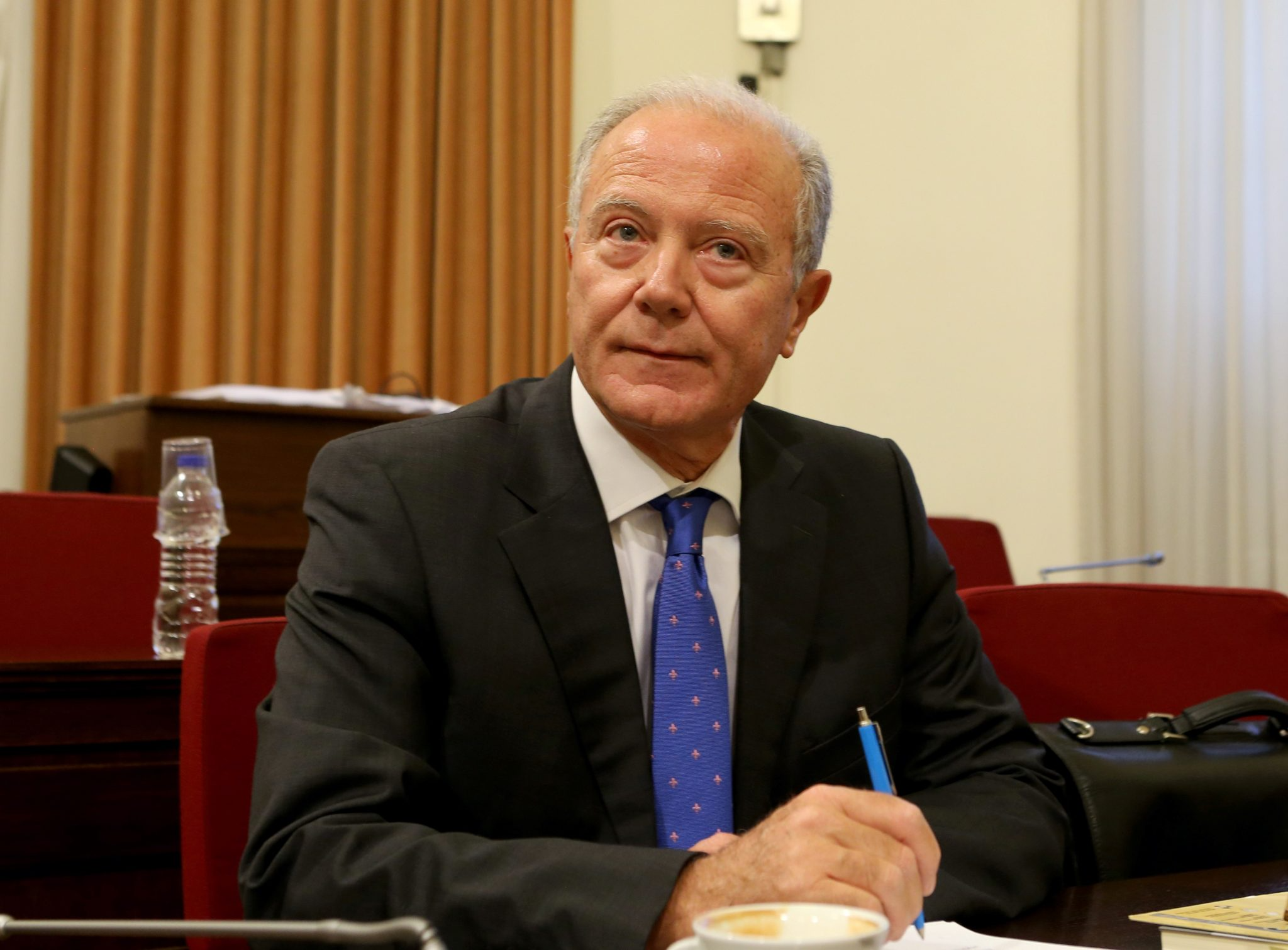
George Provopoulos, a former governor of the Bank of Greece, died Tuesday. He was 74.
Provopoulos was central governor from 2008–14, probably the most difficult period for the Greek economy, as it entered a protracted financial crisis that rendered the country insolvent, shrank its GDP by over a quarter, and required hundreds of billions in rescue packages that came with draconian requirements.
George Provopoulos was born on April 20, 1950, in Piraeus. After undergraduate economics studies in Greece, he earned his masters and doctorate from the University of Essex, in the UK.
Provopoulos taught at the University of Athens from 1979 to 2007, but he was mostly known for his banking posts in the private and public sectors.
In 1990, Provopoulos was part of a commission under Professor Angelos Angelopoulos tasked by the then-so-called ecumenical coalition government to prepare a report on the state of the economy and offer policy prescriptions to stabilize the economy and return it to growth.
Under the 1990–93 New Democracy government, headed by Constantine Mitsotakis, Provopoulos was Deputy Governor of the Bank of Greece. In 1993, he became chief economist for the private Alpha Bank.
Provopoulos had an important role in drawing up New Democracy’s economic policy program for the 2004 election, which the center-right won.
Provopoulos was appointed Chairman and CEO of the state-owned Emporiki Bank, succeeding Yannis Stournaras, an appointee of the previous socialist government. In 2006, Emporiki was privatized and acquired by France’s Credit Agricole.
Provopoulos was Vice Chairman and CEO of Piraeus Bank before his appointment as central banker in 2008.
His term was not renewed when it expired in 2014, and he was succeeded by Stournaras, now in his second 6-year term as Bank of Greece Governor.
After his stint as a central banker, Provopoulos worked for Eurobank, managing its branches in Bulgaria.






